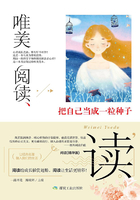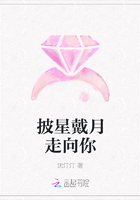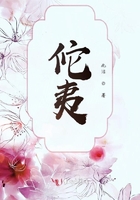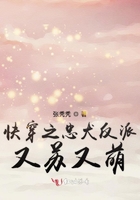Zhao Gu was a poet in the Tang Dynasty (618-907). He was very gifted in writing poems, and hailed by Du Mu, a renowned poet in the Tang Dynasty.
At that time, there was another poet called Chang Jian, who also wrote good poems, but admired the works of Zhao Gu very much. One day, Zhao Gu traveled to Suzhou, and Chang Jian chanced to stay in Suzhou as well. Hearing the news, Chang Jian was overjoyed, and told himself, “This is a good opportunity I should not miss. I must have Zhao Gu leave some good poems.”
However, he didn’t know how to let Zhao Gu write poems he needed. Suddenly, he thought of Lingyan Temple, a place of wonder in Suzhou. Now that Zhao Gu arrived in Suzhou, he would definitely visit Lingyan Temple. If I write half a poem in the Temple, it may arouse the interest of Zhao Gu in finishing the poem. Then, Chang Jian wrote two lines on a wall of Lingyan Temple in private.
As expected by Chang Jian, Zhao Gu really paid a visit to Lingyan Temple the following day. Seeing there were only two lines of a poem on the wall, he thought it was very unnatural, and added another two lines to form a complete poem. Chang Jian used his two not-very-good lines to invite a wonderful poem consummated by Zhao Gu. Somebody said the method of Chang Jian was just like casting a brick to invite a jade.
This story comes from PoetryofPast Generations. Later, people use this proverb to describe the shallow and shoddy article that invites the perfect articles of others, mainly the opinions on poems and articles. This proverb is also often used to express modesty.















